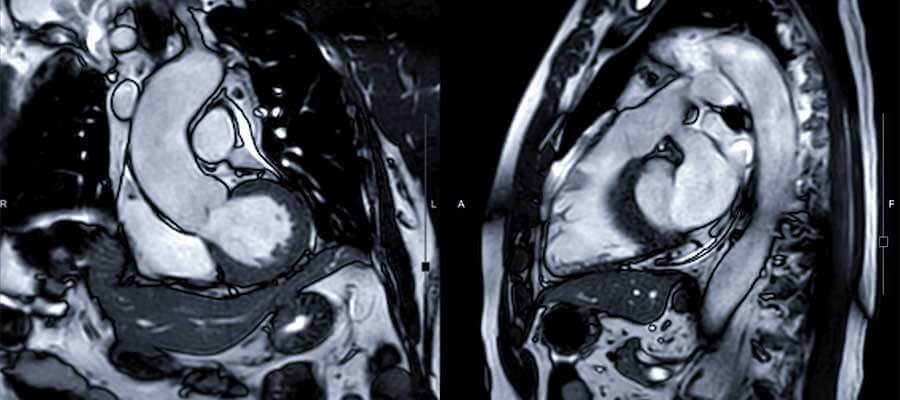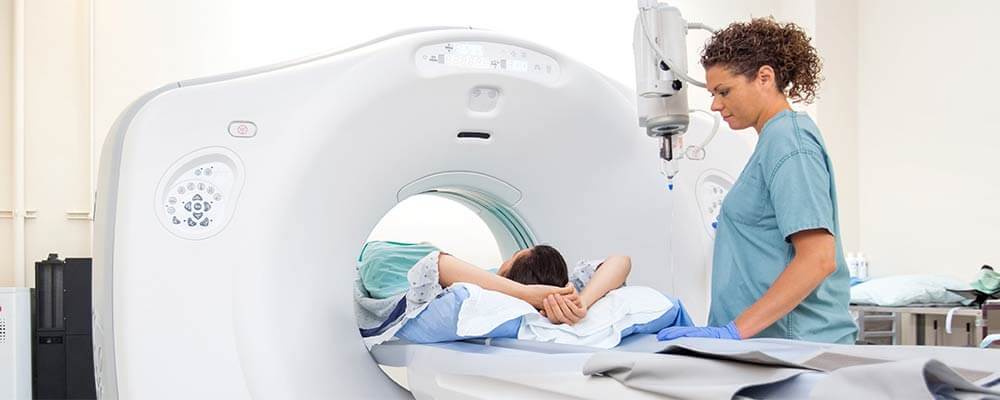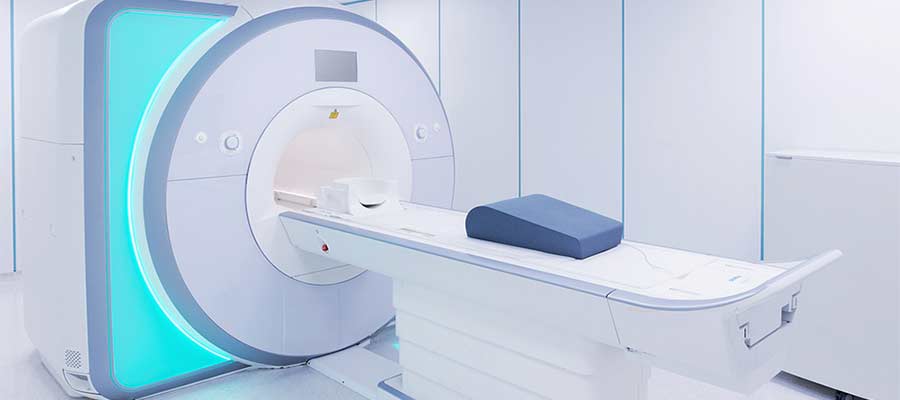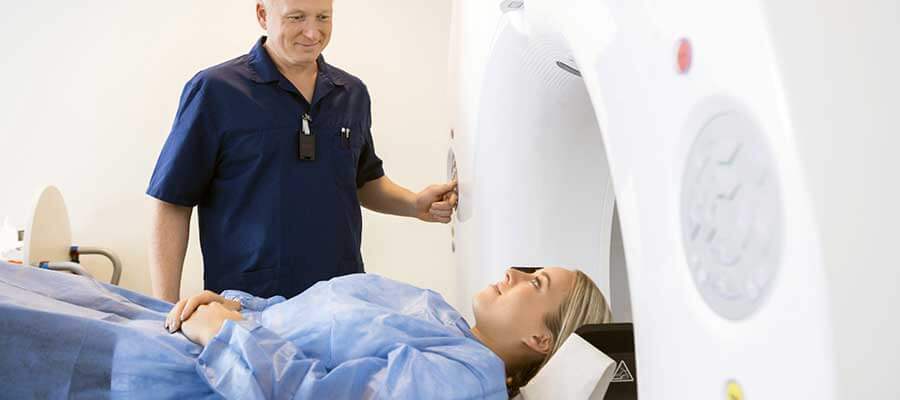Small Steps, Big Gains: Growing Your MRI Technologist Salary
When Jenna started as an entry-level MRI technologist in a small hospital, she was passionate about learning the trade—but she also felt frustrated by how slow her salary growth seemed. She noticed colleagues who had pursued extra credentials, taken on specialized cases, or moved to different facilities were consistently earning more. Jenna’s story is common: with strategy, even small changes can lead to big leaps in pay.
The average MRI technologist in the U.S. earned about $88,180 in 2024, according to the Bureau of Labor Statistics. Those in the top 10% earned more than $121,420 per year, while entry-level techs in the bottom 10% started closer to $64,910. That wide range shows just how much your career decisions can affect your paycheck. If you’re ready to move beyond “just doing the work,” here are three proven ways to boost your earnings.
1. Advance Your Education and Credentials
Many MRI technologists begin their careers with an associate degree, which is enough to get started. But additional education—whether a bachelor’s degree or specialized certifications—can open the door to higher-paying opportunities. Advanced credentials often lead to supervisory positions, specialized imaging roles (like cardiac or neurological MRI), or even teaching and research opportunities, all of which tend to pay more.
Consider certifications in advanced pulse sequences, MRI safety leadership, or contrast media use. Employers recognize the added expertise, and many facilities are willing to offer higher pay for those who can handle complex cases or take on added responsibilities.
For working professionals, online and hybrid programs make continuing education manageable. Jenna, for example, completed a bachelor’s degree online while working full shifts, and within two years her salary had increased significantly. That balance of continuing education and real-world experience is what helps push earnings upward.
2. Gain Experience and Specialize
Experience is one of the most consistent drivers of salary growth in MRI technology. Techs with ten years of experience often earn well above the national median, but it’s not just about time served—it’s about the kinds of cases you handle.
Specializing in advanced imaging, such as neurological MRIs, cardiac scans, or angiography, can make you more valuable to your employer. Taking on leadership responsibilities, mentoring new technologists, or participating in quality control initiatives also shows initiative that employers often reward with higher pay.
Job demand is strong, too. Employment for MRI technologists is projected to grow by about 7% from 2024 to 2034, faster than the average for all occupations. On top of that, the field is expected to generate about 15,400 openings per year, often due to retirements or turnover. That growth means specialization and experience will continue to be highly valued—and highly compensated.
To make the most of it, document your work. Keep a portfolio of challenging cases, projects, and positive feedback from supervisors. Having that evidence ready makes it easier to negotiate raises or secure a better-paying position elsewhere.
3. Be Strategic About Location and Workplace
Where you work has a major impact on how much you earn. MRI technologists in high-cost areas or large hospital systems often earn more than those in smaller clinics or rural regions, though cost of living should always be considered.
According to the BLS, MRI technologists in the bottom 10% earn just under $65,000, while those in the top 10% make over $121,000—a striking difference that often comes down to region, employer type, and level of responsibility. Hospitals generally pay well and provide robust benefits, but outpatient imaging centers and specialty clinics may offer competitive wages for techs who bring specialized skills. In some facilities, shift differentials, on-call hours, or overtime can significantly boost overall pay.
Being open to relocation or exploring positions at different types of facilities can sometimes raise your salary more than years of staying in one place. It’s a strategy many techs overlook, but one that can make a dramatic difference.
Building Your Path Forward
What Jenna eventually realized was that combining all three strategies—advancing her education, building specialization, and being open to new work environments—created the biggest jump in her salary. Within a few years, she went from entry-level to being trusted with complex scans, mentoring new staff, and earning a salary she once thought out of reach.
At the end of the day, boosting your MRI technologist salary isn’t about luck—it’s about making smart choices that align with your goals. Whether you pursue advanced credentials, specialize in challenging imaging, or move into higher-paying regions, each step compounds your earning potential.
If you’re looking for a program designed to set you up for long-term growth, Pulse Radiology Institute offers accredited degrees and training programs that emphasize both flexibility and career advancement. It’s the first step toward a future where your skills, experience, and paycheck grow together.






